A Filmmaker's Guide to: Postcolonial Studies
Film Studies (Pt.64)
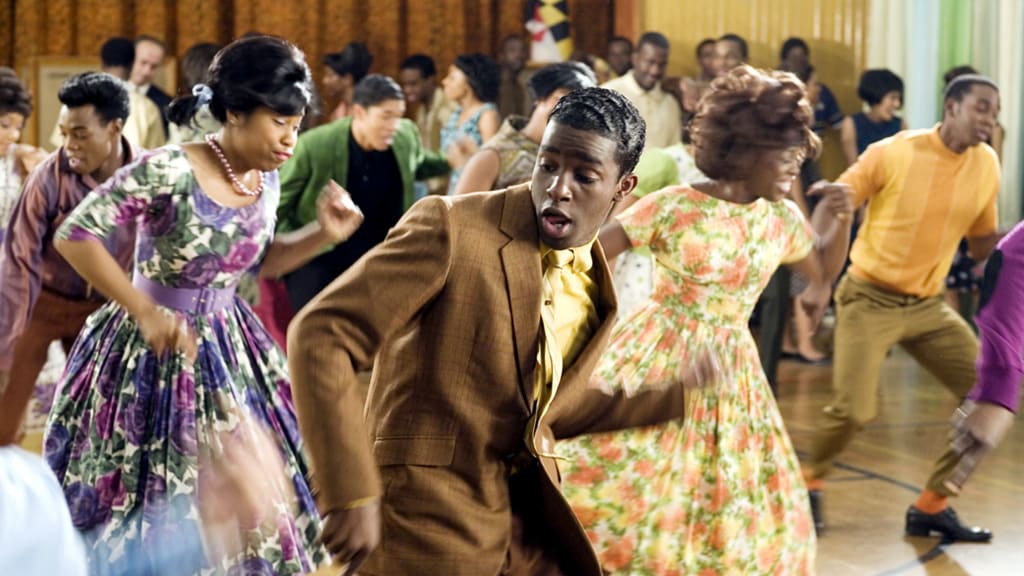
In this chapter of ‘the filmmaker’s guide’ we’re actually going to be learning about literature and film together. I understand that many of you are sitting in university during difficult times and finding it increasingly hard to study and I understand that many of you who are not at university or not planning on it are possibly stuck of what to do, need a break or even need to catch up on learning film before you get to the next level. This guide will be brief but will also contain: new vocabulary, concepts and theories, films to watch and we will be exploring something taboo until now in the ‘filmmaker’s guide’ - academia (abyss opens). Each article will explore a different concept of film, philosophy, literature or bibliography/filmography etc. in order to give you something new to learn each time we see each other. You can use some of the words amongst family and friends to sound clever or you can get back to me (email in bio) and tell me how you’re doing. So, strap in and prepare for the filmmaker’s guide to film studies because it is going to be one wild ride.
Postcolonial Studies
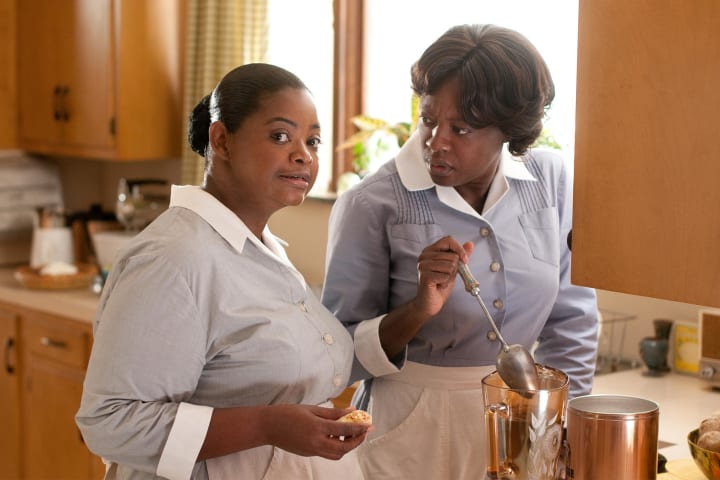
What is it?
A theory which looks at the human consequences of different eras of imperialism, colonialism and slavery. This normally concerns the way in which this has impacted life in Western countries for Asians, Africans and Caribbean folk. Or, can concern the life in these folks' home countries and shows the result of this stuff that is happening or has happened there.
In literature, some of the best authors of the twentieth century write in the postcolonial narrative work-frame. They come in two different categories which are: the study of the nation of post-colonialism and the identity that has been forged by post-colonialism. One of the best postcolonial books I ever read was called "The Bluest Eye" and it was by Toni Morrison. Let us have a look at some other postcolonial novels:
- Things Fall Apart by Chinua Achebe
- The Wretched of the Earth by Franz Fanon
- Wide Sargasso Sea by Jean Rhys
- The God of Small Things by Arundhati Roy
- The Inheritance of Loss by Kiran Desai
- A Passage to India by E.M Forster
- Jane Eyre by Charlotte Bronte
What about in film?
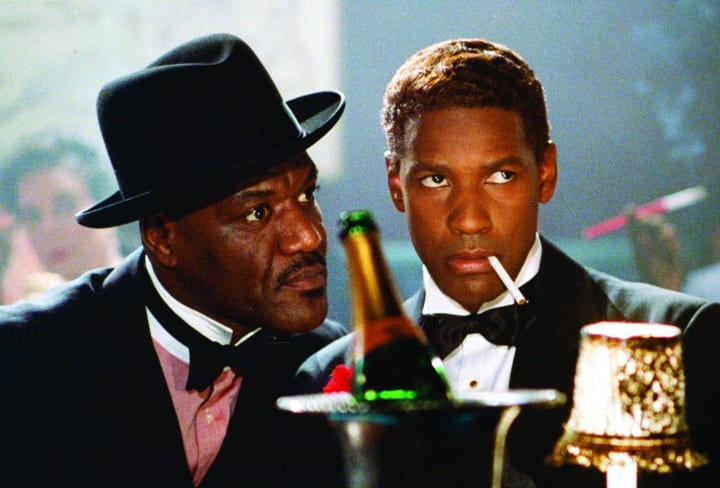
I think it is easy to say that postcolonial theory on film may be difficult at first but, when you watch more and more and practice thinking about it more and more, it gets easier and easier. This is something that we have to practice in order for it to get easier because nobody gets it right first time one hundred percent.
Lets have a look at a postcolonial watchlist in order for you to practice your theoretical and analytical eye:
- Zulu
- The Last of the Mohicans
- Selma
- Malcolm X
- Mississippi Burning
- Hairspray
- The Help
- Precious
- Victoria and Abdul
- The Charge of the Light Brigade
- Gandhi
- Four Feathers
When it comes down to it, there are many, many countries an many different countries of world cinema you can look at in order to learn about postcolonial cinema. But I will start by saying that you should probably read some stuff on post-colonialism first because there's a lot to read, it is an easier theory to read and honestly, once you read it, you will be able to recognise it more.
So, how does that go again?
What is post-colonialism? - Post-colonialism is the identity/nation of an individual that has been impacted by the colonial history of their identity, race, ethnicity and/or being
How do we see it? - When watching a film or reading a book, we need to recognise how certain aspects of someone's identity/belief systems etc. have been shaped by the influence of the west. Especially if they are a person of colour.
For example: in "The Bluest Eye" by Toni Morrison, the African-American child comes to believe that pale skin, blue eyes and blonde hair are the most attractive and accepted features in society and that she, herself is unaccepted and ugly. She must come to terms with herself. The reason she believes this is because she grows up in a racist society that does not accept her. This is a post-colonial viewpoint of the narrative.
What do we do next? - We view the post-colonialism and we note it down and see how it could fit into the bigger picture of racial and cultural studies and how we progress from here to a more equal and fair society
Further Reading:
- Lazarus, N (2004). The Cambridge Companion to Postcolonial Literary Studies. UK: Cambridge University Press
- Nayar, P.K (2015). Postcolonial Studies: An Anthology. UK: Routledge
- Said, E (2003). Orientalism. 2nd ed. UK: Penguin Modern Classics.
About the Creator
Annie Kapur
200K+ Reads on Vocal.
English Lecturer
🎓Literature & Writing (B.A)
🎓Film & Writing (M.A)
🎓Secondary English Education (PgDipEd) (QTS)
📍Birmingham, UK


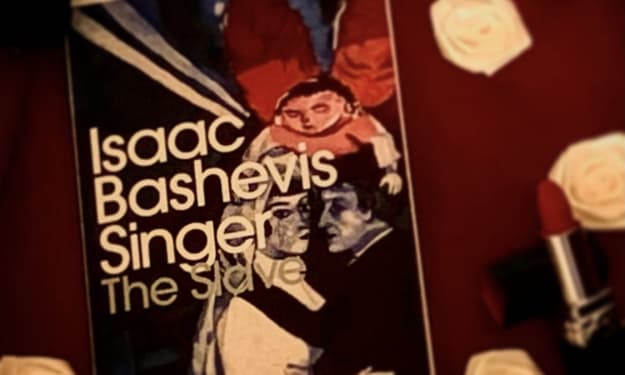

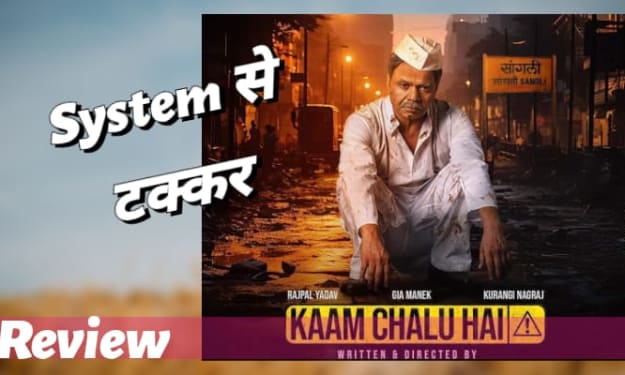

Comments
There are no comments for this story
Be the first to respond and start the conversation.